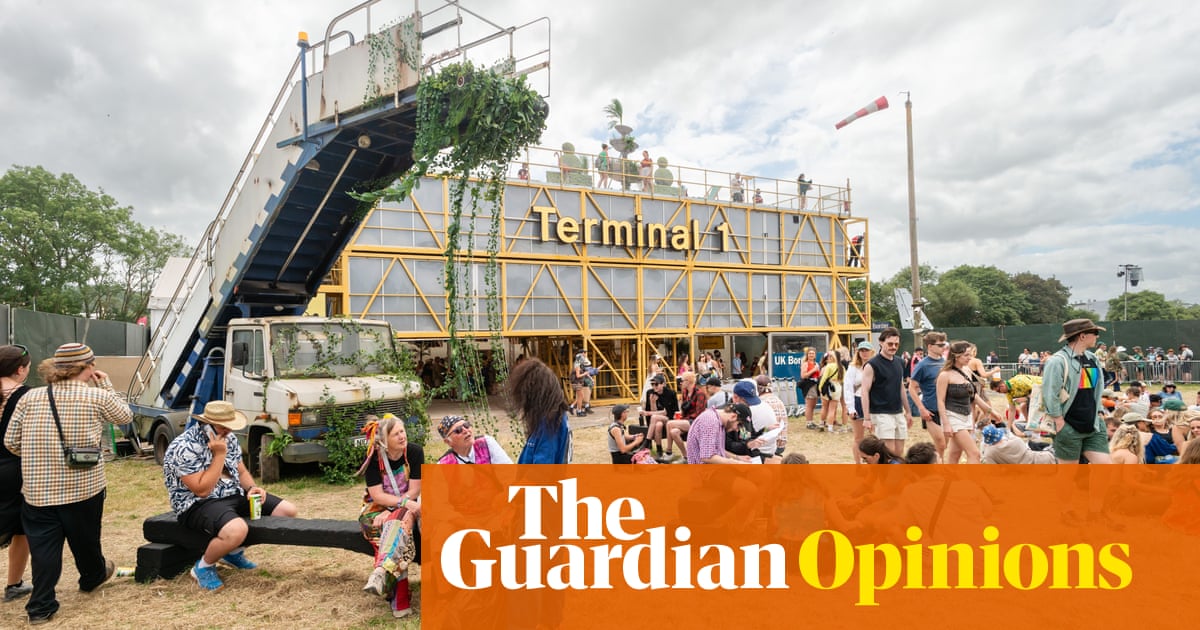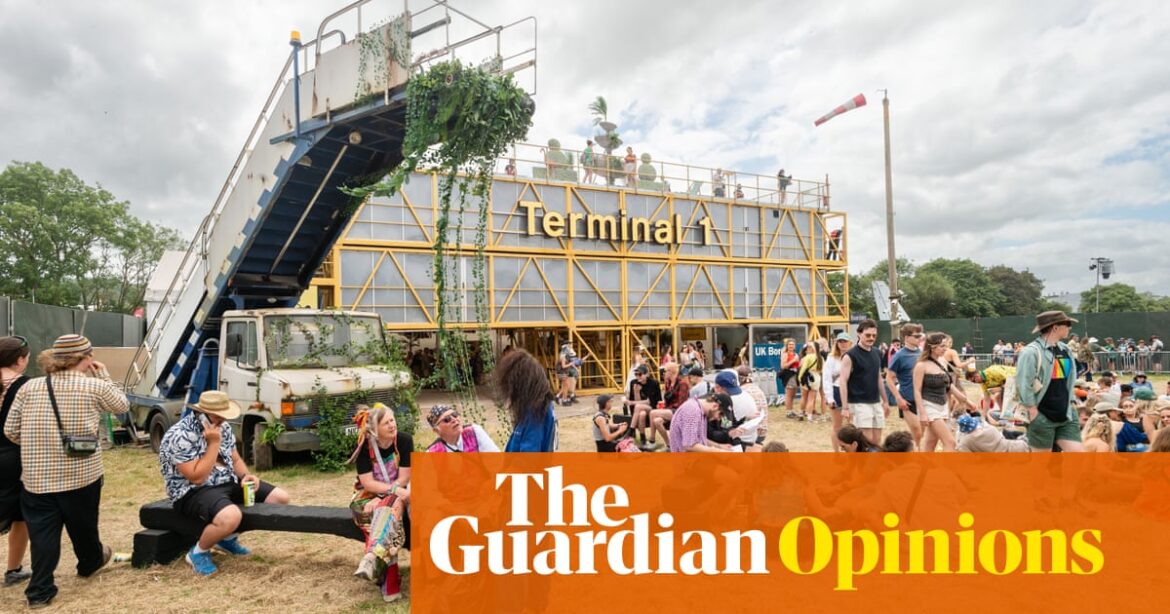
Among the sideshows of this year’s Glastonbury festival was an installation designed to give revellers a taste of what British hospitality is really like for those arriving at UK airports. To enter Terminal 1, for interrogation by border police, each spectator had to answer a question from the British citizenship test. Fail, and they could be turned away. The installation was devised and run by artists who are all themselves migrants. In a deeply ironic example of life mimicking art, one of their own curators was unable to attend, having been denied a visa.
The problem of visas for visiting artists has become almost as much part of festival season as festivals themselves. And it is not the preserve of music alone. At last summer’s Shubbak festival of Arab culture in London, a Home Office rejection letter was read out on stage to fill the gap left by the absence of two Tunisian actors, and to explain why they were missing.
At Scotland’s StAnza poetry festival this spring, an award-winning Moroccan poet was only allowed in after an 11th-hour reprieve from the Home Office. A second reprieve in the same month enabled the Afghan Youth Orchestra to squeak in just in time for the first concert in a four-city UK tour. Its 47 musicians, all exiles based in Portugal, are aged between 14 and 22.
In both of the latter two cases, the U-turns happened after public outcries. It will not escape the notice of Sir Keir Starmer’s newly appointed ministers that administration by U-turn is no way for a government department to function. They should also pay serious attention to the disproportion in the origins of those who are rejected.
In the year up to March 2024, according to Home Office figures, visa rejection rates across all nationalities were 21%. But independent research reveals that this rises to 71% for applicants from Algeria, and between 30% and 53% for those from Bangladesh, Ghana, Pakistan and Nigeria. There is also an unpalatable whiff of profiteering, with analysis showing that the UK last year raised £44m in fees for visa applications that were rejected – the majority of them from low- and middle‑income countries.
The distorting effect that this sort of discrimination can have should not be underestimated. Repeated rejections of visas to predominantly west African Afrobeats stars has led to many deciding to boycott the UK altogether, according to an investigation by the Voice newspaper, with a chilling effect on access to one of the world’s fastest-growing music genres.
The UK is not alone in its unprincipled use of its visa system. Its own artists have suffered from the punitive bureaucracy and levies they face to enter the US. And since Brexit, touring between the UK and Europe – once bread and butter for musicians on both sides of the Channel – has become unfeasible for many, in every musical discipline.
Last year the House of Lords’ European affairs committee argued for negotiations with EU capitals to reduce post-Brexit barriers in advance of the big “reset moment” in 2025 when the trade deal is up for renegotiation. It was right to do so. But the rethink needs to go further than the “laundry list” of tinkerings that it suggested. The Labour party manifesto included a pledge to help European touring. It must also address the bigger picture of cultural exchange.
Source: theguardian.com



